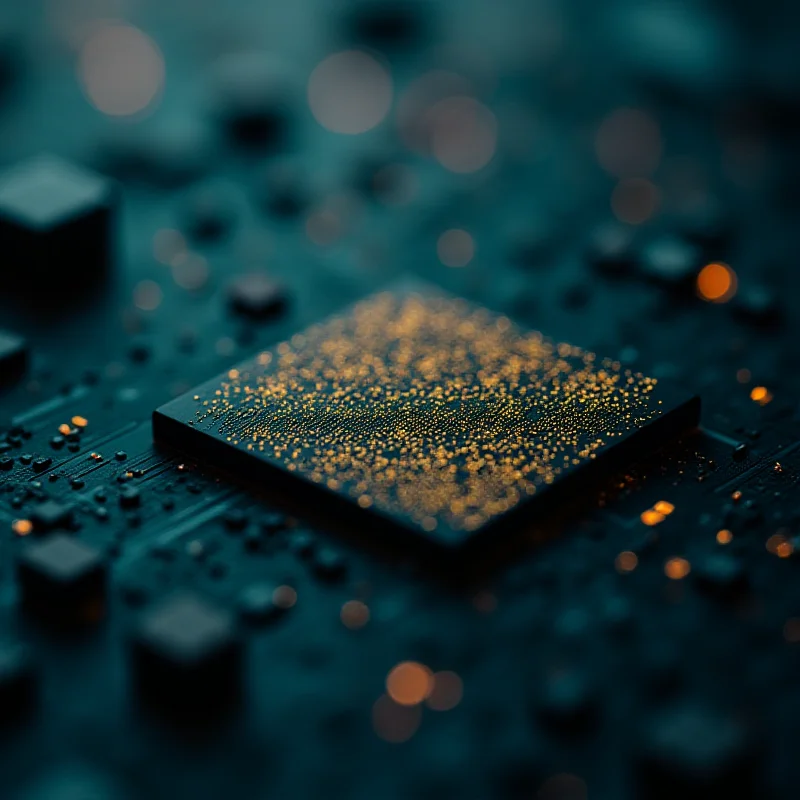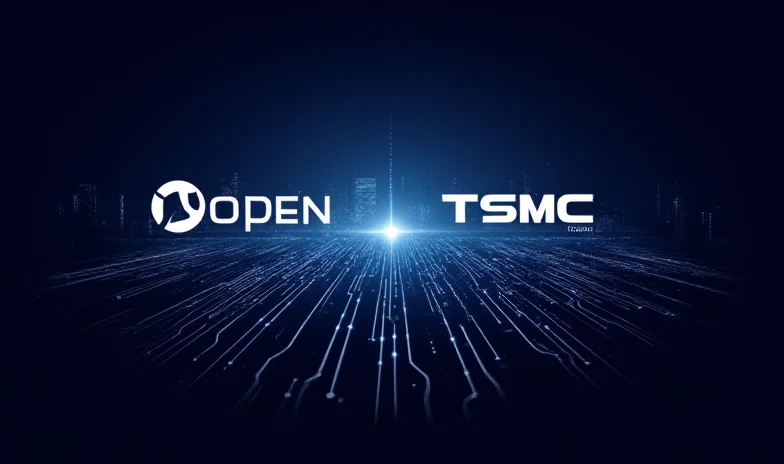The artificial intelligence landscape is rapidly evolving, with key players making strategic moves to secure their positions in the burgeoning market. Recent developments highlight the intensifying competition, featuring OpenAI's efforts to reduce reliance on Nvidia, Nvidia's impressive financial performance, and an investigation into potential AI chip transfers.
OpenAI's Chip Strategy
OpenAI, the company behind the popular chatbot, is taking a significant step to diversify its supply chain by partnering with TSMC to manufacture custom AI chips. This move is aimed at reducing OpenAI's dependence on Nvidia, which currently dominates the AI chip market. The partnership signals OpenAI's long-term commitment to advancing its AI technology and ensuring a more secure and tailored supply of crucial hardware. Future iterations of the custom chips are already planned, hinting at ongoing innovation and refinement.

This strategic alliance allows OpenAI to have more control over the design and production of the chips that power its AI models, potentially leading to increased efficiency and performance. It also provides a hedge against potential supply chain disruptions and price fluctuations in the market.
Nvidia's Continued Dominance
Despite OpenAI's efforts, Nvidia continues to thrive in the AI chip market. The Silicon Valley giant recently reported a remarkable 78% surge in revenue compared to the previous year, fueled by the insatiable demand for its chips in AI systems. Nvidia's dominance underscores its crucial role in enabling the current AI boom.
Nvidia's success demonstrates its ability to consistently meet demanding performance expectations. As one report noted, "Every quarter is a new nail-biter for the chipmaker," yet Nvidia continues to pass its "quarterly future-shock stress test." This resilience reinforces its position as a leader in the field.
Investigation in Malaysia
Adding another layer to the complex landscape, Malaysia's Ministry of Investment, Trade and Industry (Miti) has launched an investigation into allegations that Nvidia's AI chips were moved from Singapore to Malaysia. The investigation was prompted by claims regarding the alleged transfer of these technologically advanced components.

While details of the probe are still emerging, the investigation highlights the sensitivity surrounding the movement of AI chips and the potential implications for international trade and technology regulations. The outcome of the investigation could have significant ramifications for Nvidia and the broader AI industry.

The Road Ahead
The AI chip market is poised for continued growth and innovation, with OpenAI, Nvidia, and other players vying for dominance. OpenAI's investment in custom chips, Nvidia's strong financial performance, and the ongoing investigation in Malaysia all contribute to a dynamic and evolving landscape. As AI technology continues to advance, the competition for AI chip supremacy will undoubtedly intensify.
It will be interesting to see how these developments shape the future of AI and the role of these key players in the years to come. The race is on, and the stakes are high.
